
Find information on how to make a Protected Disclosure under the external procedures in place in the HEA.
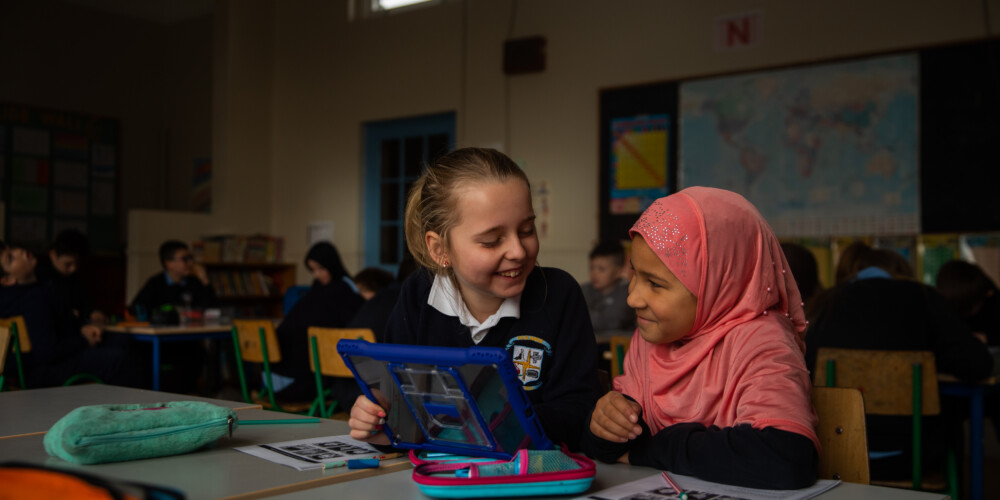
DCU Anti-Bullying Centre (ABC)
DCU Anti-Bullying Centre (ABC) is a globally recognised centre of excellence for research and education on bullying and digital safety.
Located within DCU’s Institute of Education (IOE), ABC was first established over 12 years ago, and following substantial development and adaptation, it achieved designation as a DCU Research Centre in 2016. The purpose of ABC is to transform the lives of people and global societies through promoting positive social relationships in offline and online environments. The objectives of the Centre align with DCU’s mission to ‘transform lives and societies.’
From 2018 to 2022, the Centre published 192 Scopus ranked publications. In 2024, there were 41 doctoral candidates being supervised by Centre members.
Following its designation in 2016, ABC significantly enhanced its research and engagement capacity; we worked collaboratively with schools, NGOs, and other researchers to develop and disseminate evidence-based resources and interventions to address bullying, raise awareness of evolving challenges, and inform policymaking.
FUSE Programme
ABC developed FUSE (awarded funding under Rethink Ireland’s Children and Youth Funds), Ireland’s only research-based anti-bullying and online safety programme for primary and post-primary schools. Launched in 2019, FUSE consists of a suite of lessons and accompanying resources facilitated by teachers in a classroom setting. FUSE builds capacity among students to understand their own behaviour, be able to recognise bullying and online safety risks, and be confident in how to report and seek support when they need it.
Supported by Government and other entities, FUSE has been funded with grants totalling €1.75 million over 5 years since 2019. The programme is available across Ireland and free to all schools. ABC has developed partnerships with a significant number of schools who are participating in the Centre’s research related to the FUSE programme. FUSE is now referenced in the new programme for Government and also in the Cineáltas Action Plan on Bullying, which was launched in 2022.
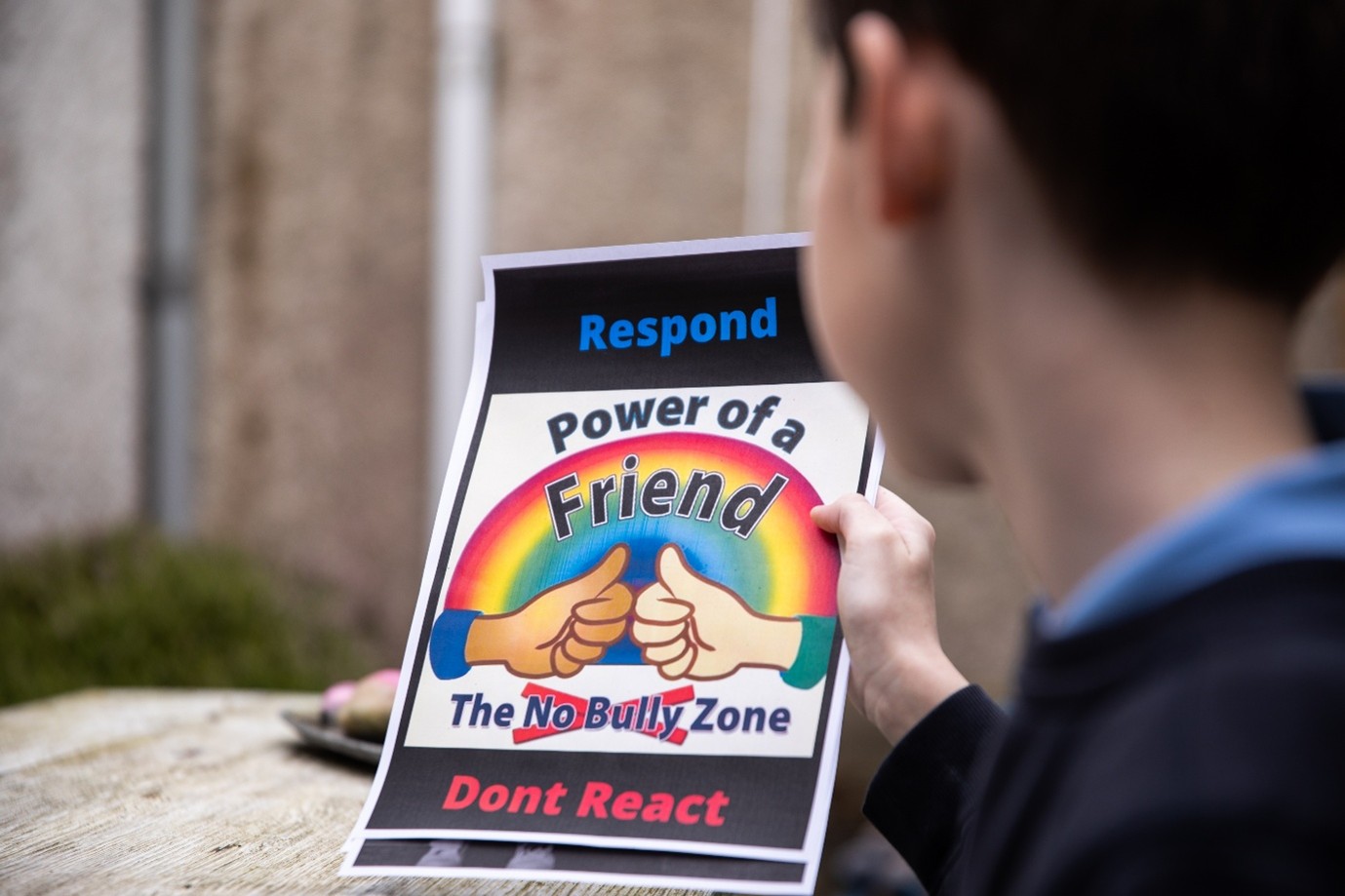
Figure 1: FUSE Programme in Schools
Observatory on Cyberbullying, Cyberhate and Online Bullying
In 2021, following the introduction of the Harassment, Harmful Communications and Related Offences Act 2020 (Coco’s Law), ABC founded the Observatory on Cyberbullying, Cyberhate and Online Bullying. The initiative is a collaboration between ABC and the Departments of Education and Justice with activity organised under four pillars:
International research collaboration and engagement
The Centre has worked on projects with internal DCU partners and external collaborators, both nationally and internationally. These collaborations have included ‘FRIENDS’ of Sweden, where plans were developed to establish the World Anti-Bullying Forum; the Centre for Cyberbullying Research (USA), through which the International Journal on Bullying Prevention (Springer) was jointly established; TRIBES, a COST Action on Migration and Bullying in Schools with over 126 members in 32 countries; and ORBIT, a COST Action on religious identity, bullying, and wellbeing in schools involving partners in 11 countries.
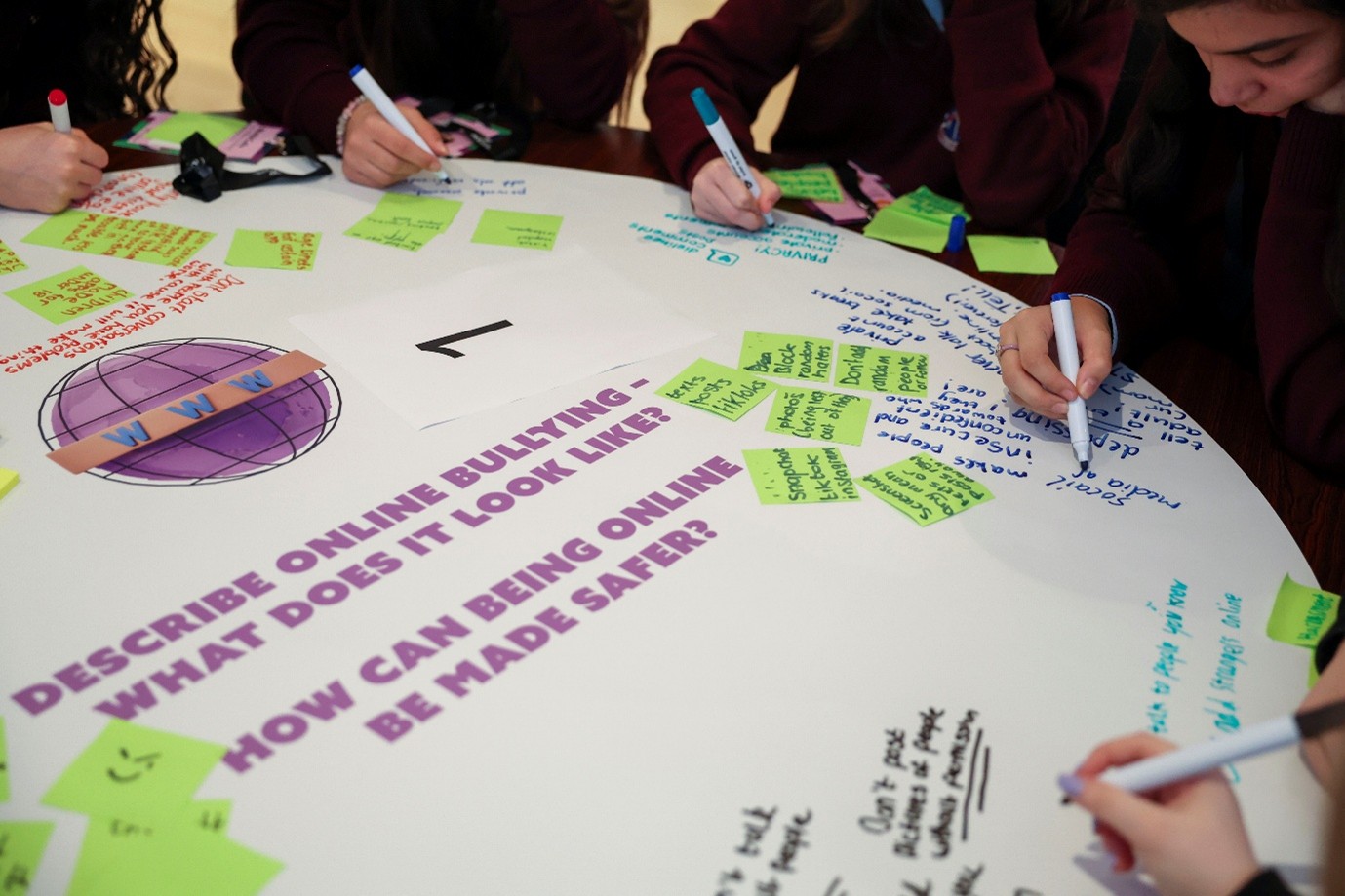
Figure 2: Anti-Bullying World Café Event
FUSE
The findings of an independent evaluation of the FUSE project by the UNESCO Child and Family Research Centre at the University of Galway indicated that the total social value generated for project participants was €6.5m, with a total cost of €1.5m over three years. The review also cites a number of tangible impact areas from the ABC FUSE initiative, as reported by FUSE participants.
Students:
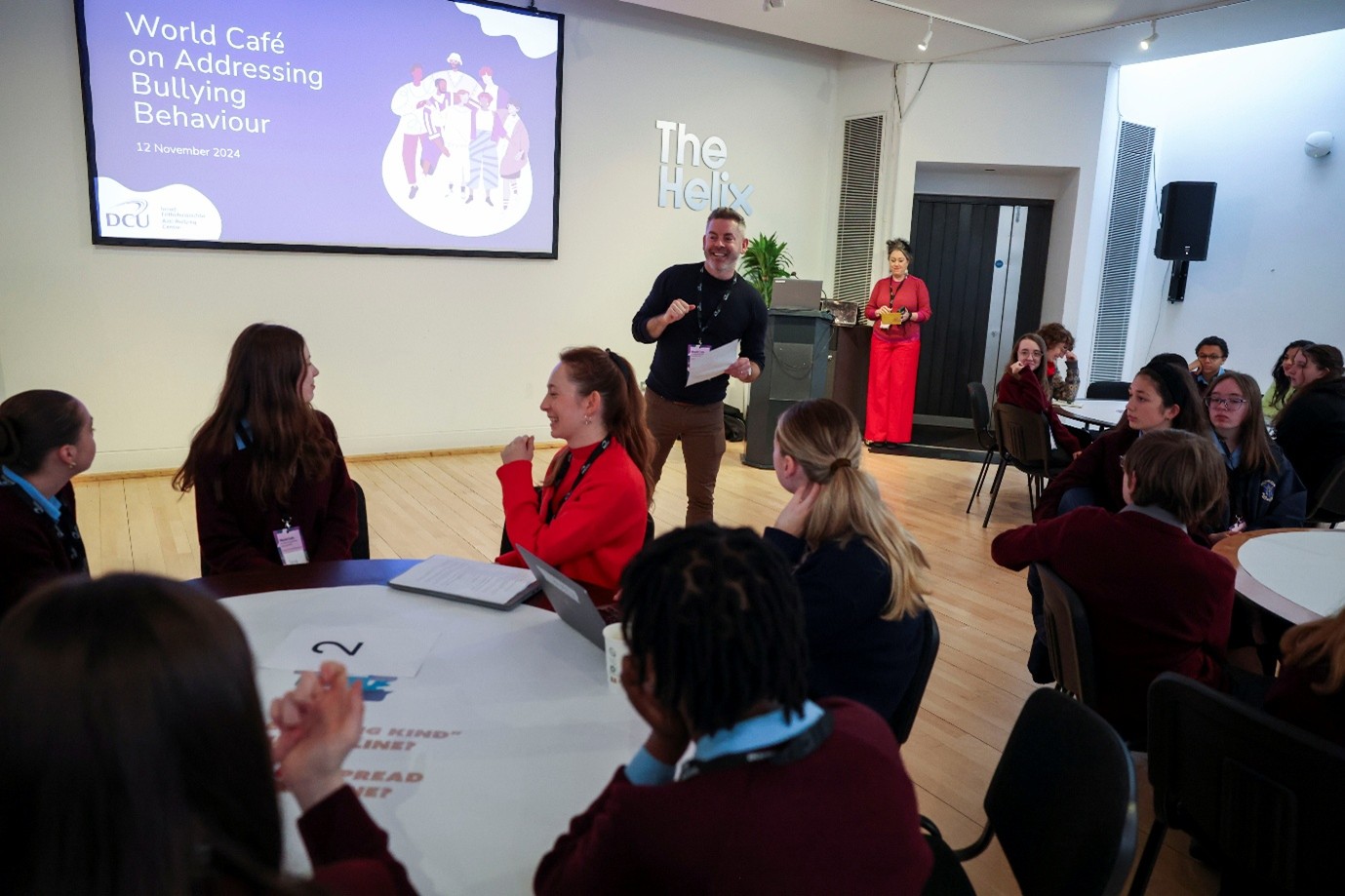
Figure 3: Anti-Bullying World Café Event
Staff:
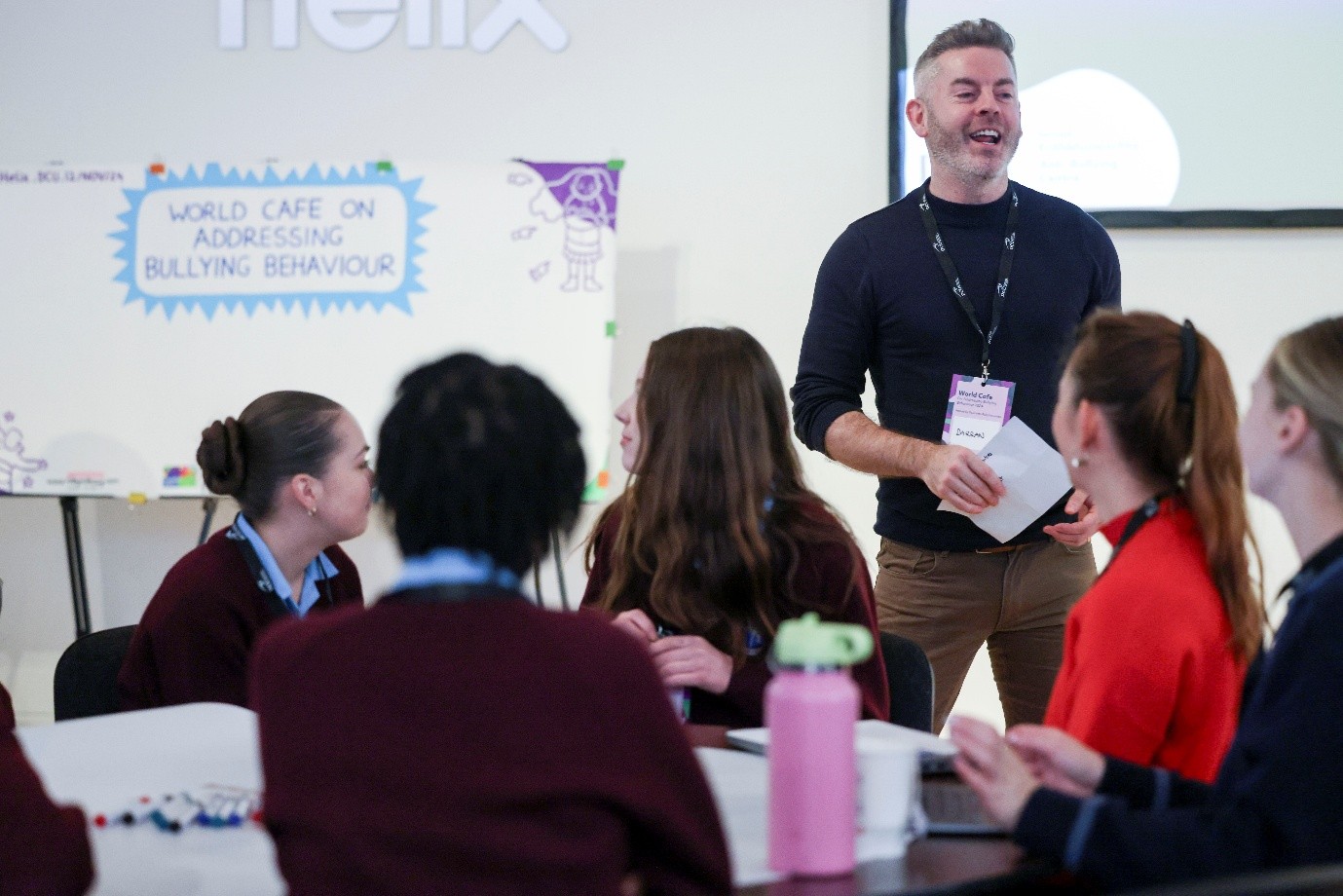
Figure 4: Anti-Bullying World Café Event
Policy Development
The Centre played a leading role in Cineáltas, the Government’s Action Plan on Bullying for Schools (2022). ABC members were part of the Government Steering Committee and Working Group. The Centre collaborated with the Department of Education in writing drafts of Cineáltas, and the Action Plan’s recommendations ultimately reflected ABC’s research. The Centre is continuing to assist the Government on the roll-out of the 61 actions and the development of related anti-bullying procedures for schools.
In 2018, a UNESCO Chair on Bullying and Cyberbullying was awarded to DCU Professor James O’Higgins-Norman. Through its involvement in the Tribes project, the Centre has also been invited to present and provide expert advice to USAID, the UN, UNESCO and the WHO.
ABC was established to respond to the growing issue of bullying, an issue which has been exacerbated by the explosion in online communication and social media platforms. The design of the initiative was research- and evidence-based, and as such, resulted in a number of key learnings throughout its growth and development:
In relation to the design of anti-bullying interventions:
In relation to the development of anti-bullying research, and underpinning research capacity, to support evidence-based intervention design:

Figure 5: FUSE School Event in META